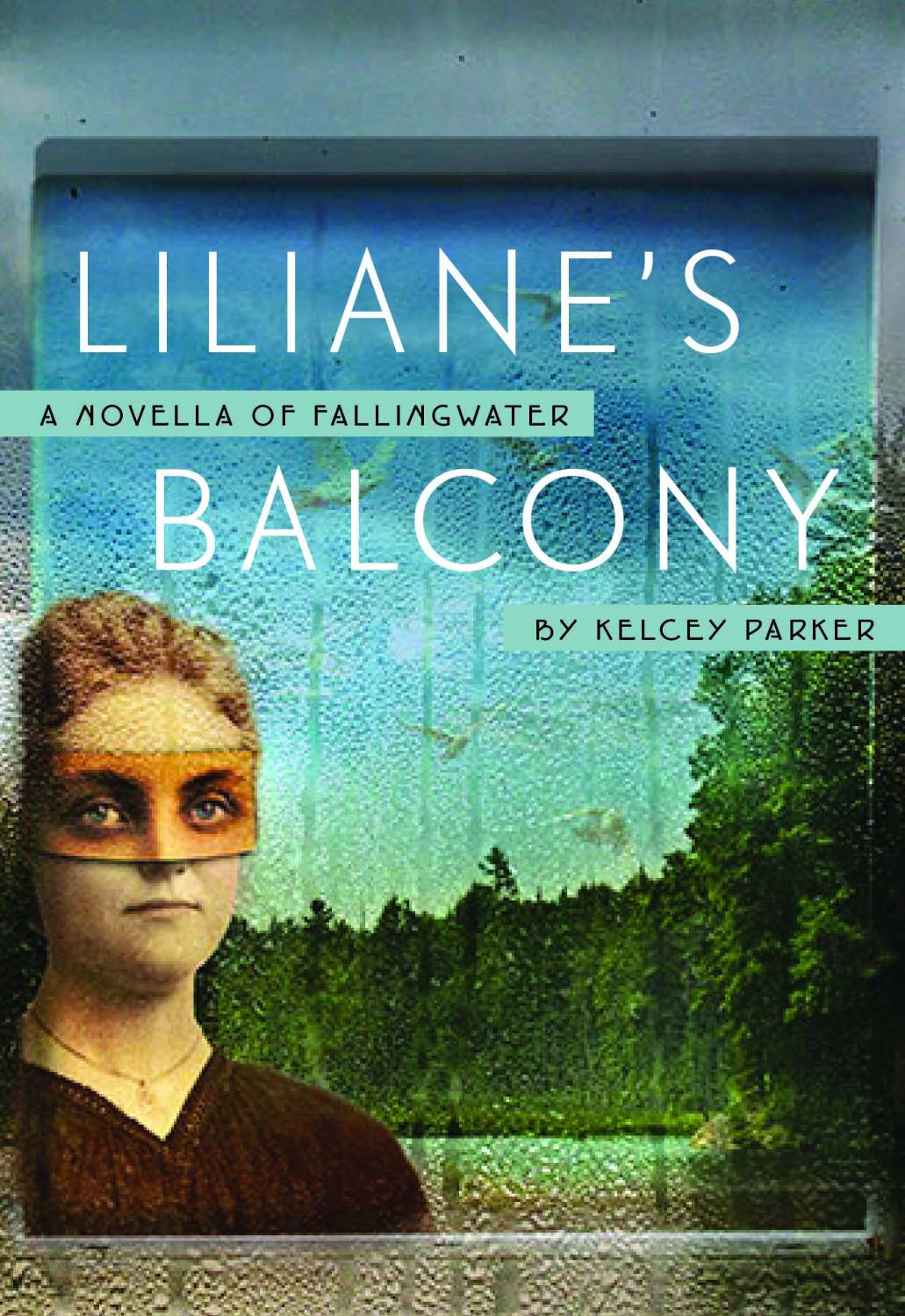Thank you for tracking in fascinating ways the labyrinthine lives,
inner and outer, of girls and women, insisting that their lives
are worthy of scrupulous attention.

Dear Muriel Spark:
A few years ago I watched a documentary about you that was part of the BBC archive of modern writers. Just yesterday when I tried to access the site again I discovered that the documentary had been “removed for copyright reasons.” That was a blow. If I remember correctly, there was a moment, wonderfully goofy and vulnerable, when you clowned for the camera and put something over your face or near your face. Was it a mask? I can’t remember. I wish the documentary was still available. Now that you’re in paradise and have God’s ear, can you fix that?
No doubt you’ve received many acknowledgments of gratitude. I hope you won’t mind more, for while many of us are grateful, what we’re grateful for no doubt varies among us. You admired brevity and so I’ll try to be brief.
Thank you for arming yourself with an uncompromising attitude, claiming your authority as a writer with a stalwart defense of the human right to be prickly and different. Thank you for curdling the pretentious with your prose. Thank you for the flawed, vulnerable characters you created. Thank you for spotlighting a valiant and self-congratulatory shamelessness and preserving certain personalities in brine and in the ultimate compassion of accurate assessment. Thank you, too, for tracking and revealing your characters’ fates at surprising points in the midst of their battles, preempting our expectations and forcing our recognition of the fragility of any life, including our own. Thank you, that is, for showing even petty squabbles against the backdrop of eternity.
 Thank you for tracking in fascinating ways the labyrinthine lives, inner and outer, of girls and women, insisting that their lives are worthy of scrupulous attention. Thank you for presenting the experiences of those “girls of slender means” who struggle against tedious jobs and the terrors and surveillance visited upon their bodies, as well as the numbing effects of a culture that relegates them to secondary roles in their own lives. Thank you for the dryness of your prose that allows for uneasy revelation and fierce moments of poignancy.
Thank you for tracking in fascinating ways the labyrinthine lives, inner and outer, of girls and women, insisting that their lives are worthy of scrupulous attention. Thank you for presenting the experiences of those “girls of slender means” who struggle against tedious jobs and the terrors and surveillance visited upon their bodies, as well as the numbing effects of a culture that relegates them to secondary roles in their own lives. Thank you for the dryness of your prose that allows for uneasy revelation and fierce moments of poignancy.
Thank you for your sentences, lithe and with fine detailing, and stinging with an acid that burns away falsity. Thank you for sentences that, however short, make us do double-takes. (Two favorites of mine that I’ve quoted repeatedly: “I didn’t sleep with him for his prose style” and “I could kill him…But would that be enough?”) Thank you for the tart taste of your sentences, and their piercing humor. Thank you, by the way, for having so much fun writing about hypocrites.
In the same documentary I mentioned earlier you held up notebooks filled with your novel drafts written in longhand. You said, proudly, that you hardly ever needed to change a word. Thank you for giving us a vision of effortless, fluid delight. To imagine the capacity to write with such headlong momentum brings me vicarious joy.
And thank you for sparing us any potentially dull moments in your fiction. For instance, I admire the way you dispatch the contents of a letter in Loitering with Intent: “The letter went on, very boring.”
Thank you for being generally discreet about your own life, for insisting some things are none of our damn business.
The Greek poet Callimachus declared, “A big book is a big evil.” Thank you for sparing us from that particular evil by writing so many short novels. Thank you too for refusing to spare those who practice evil: after your enemies attempted to shame and trivialize you, thank you for skinning and baking them into your novels, apparently lightly disguised.
Thank you for assessing your accomplishments to an interviewer in 1995: “I have realized myself. I have expressed something I brought into the world with me. I believe I have liberated the novel in many ways, showing how anything whatsoever can be narrated, any experience set down, including sheer damn cheek. I think I have opened doors and windows in the mind, and challenged fears—especially the most inhibiting fears about what a novel should be.” Thank you, in addition, for elsewhere asserting that your novels are a form of poetry—and thus thank you for extending the possibilities of poetry.

Thank you for seldom looking like the same woman in any of your photographs, as if even your face resisted a single impression.
Thank you for not minding (I hope) that I am guilty of characterizing you here in ways that you might dislike. Although, frankly, I can’t imagine you would mind at this point. Yet I realize that declaring that you wouldn’t mind suggests a hard limit to my own imagination. And so—why not?—I’ll imagine you as irritated, having wasted some of your eternal time on reading this letter when it seems you hardly wasted a moment on earth in your eighty-eight years, with twenty-two novels and innumerable short stories and poems and plays and other works behind you, including biographies of your kindred spirits, Emily Brontë and Mary Shelley. How heroic and hard-working you were. How you must have labored to claim your life against the odds as a woman born in 1918, and now, even in our unheavenly lives, how your example may stiffen our spines with courage.
—–
[This is the latest post in the new Letters to Dead Authors series.]
 Lee Upton’s most recent books are Bottle the Bottles the Bottles the Bottles from the Cleveland State University Poetry Center (2015); The Tao of Humiliation: Stories, winner of the BOA Short Fiction Award, finalist for The Paterson Prize, and named one of the “best books of 2014” by Kirkus Reviews; and the novella The Guide to the Flying Island from Miami University Press. She is also the author of a collection of essays, Swallowing the Sea: On Writing & Ambition, Boredom, Purity, and Secrecy, from Tupelo.
Lee Upton’s most recent books are Bottle the Bottles the Bottles the Bottles from the Cleveland State University Poetry Center (2015); The Tao of Humiliation: Stories, winner of the BOA Short Fiction Award, finalist for The Paterson Prize, and named one of the “best books of 2014” by Kirkus Reviews; and the novella The Guide to the Flying Island from Miami University Press. She is also the author of a collection of essays, Swallowing the Sea: On Writing & Ambition, Boredom, Purity, and Secrecy, from Tupelo.
The Scottish author Muriel Spark, born in 1918, was a prolific writer of novels, including the widely admired The Prime of Miss Jean Brodie. Along with writing novels, often as many as one a year, she wrote plays, short stories, essays, criticism, and biographies. Her experiments with narrative structure and authorial voice continue to be influential. A convert to Roman Catholicism, she published her final novel, The Finishing School, in 2004 and died two years later in Florence, Italy. http://www.bbc.co.uk/programmes/profiles/2MRmPs0lgwQzvRs6qLzxz0W/muriel-spark












Here, here!
“The Greek poet Callimachus declared, “A big book is a big evil.” Thank you for sparing us from that particular evil by writing so many short novels.”
YES!